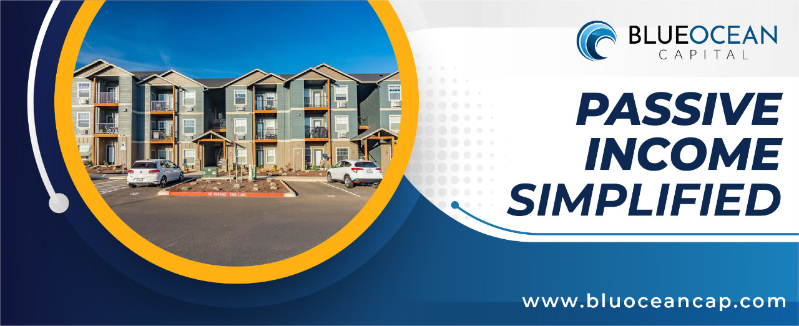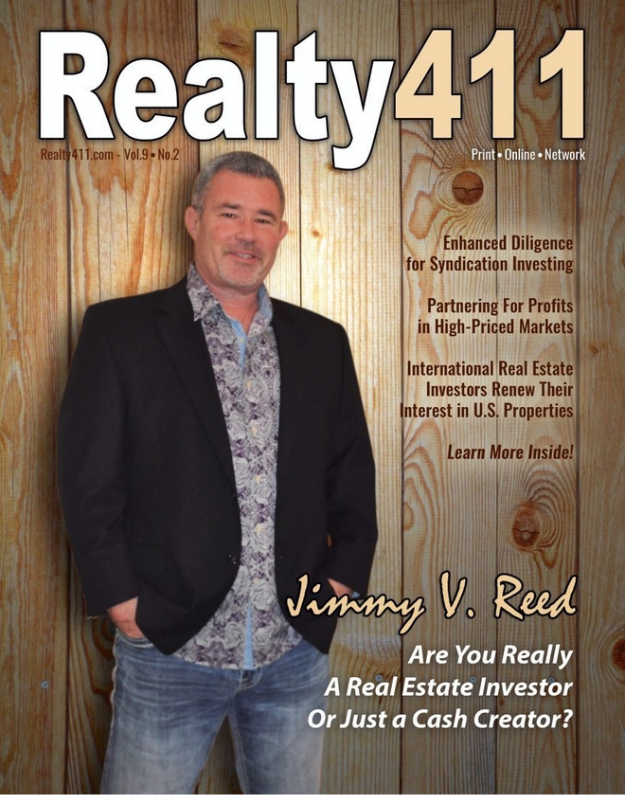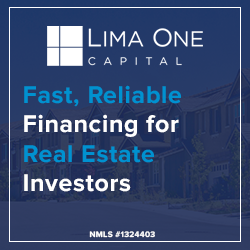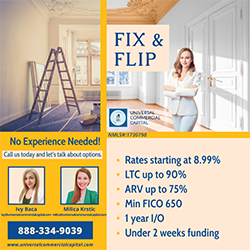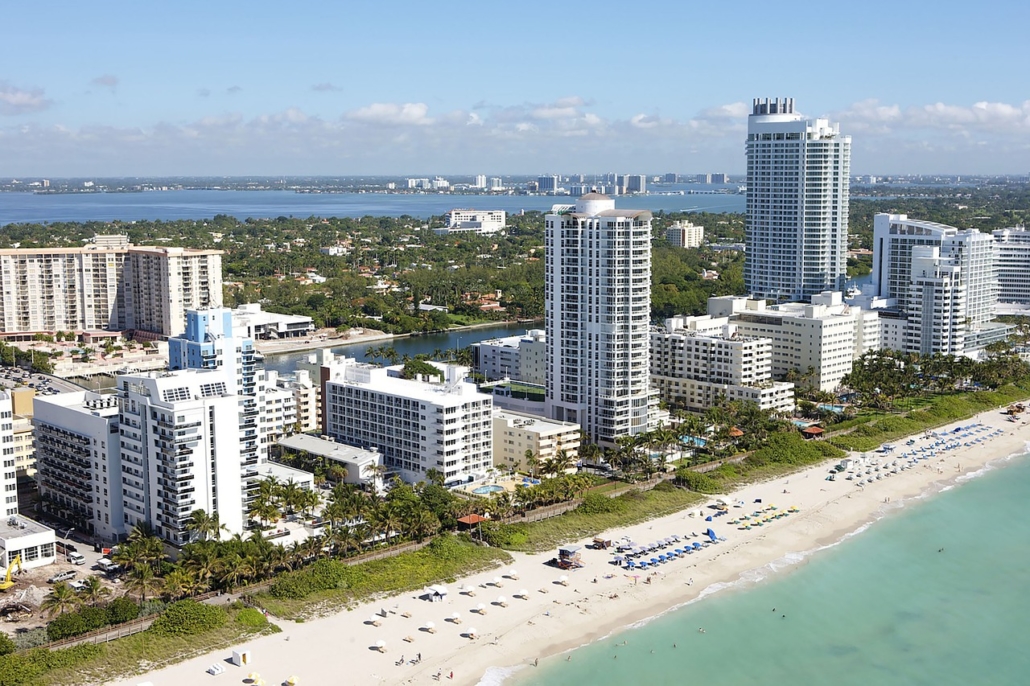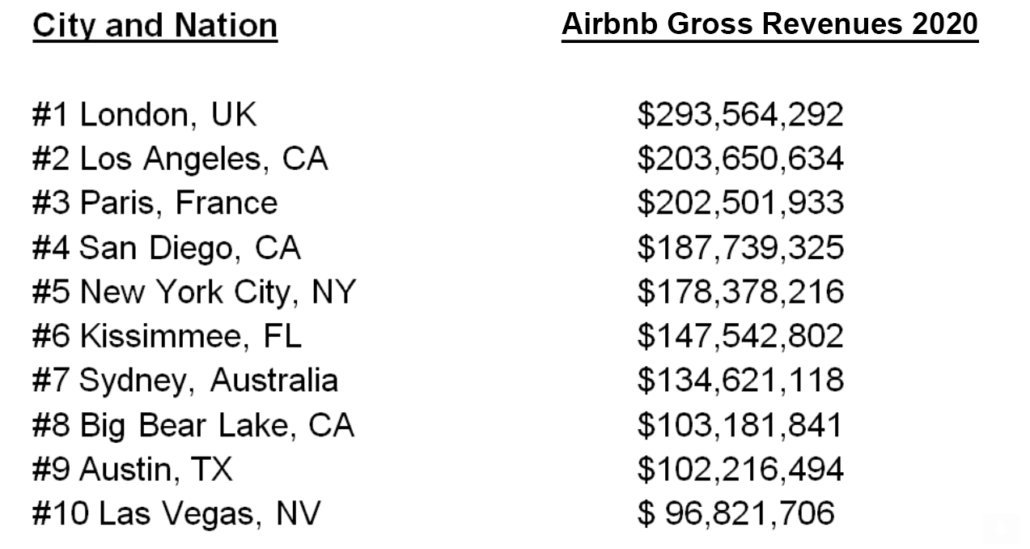Compelling Reasons Why You Should Invest in Real Estate
Image from Pixabay
By Lloyd Segal, President,
Los Angeles County Real Estate Investors Association
If you’re considering investing in real estate, looked it up on the internet, read about it in books, attended some workshops, and perhaps ask a friend or two, you already know that you should no longer wait and get started today. But if you’re still struggling to figure out why you should invest, this article will highlight some of the most compelling reasons in the hopes of addressing your concerns and finalizing your thoughts about venturing into this brave new world.
ADVERTISING
1. Appreciation
Over time, the value of real estate rises (sometimes fast, sometimes slow). This is due to “supply and demand,” a fundamental economic concept, which I’ll address separately. With respect to “demand,” our population is steadily increasing and does not appear to be slowing down any time soon. And until further notice, people prefer to live indoors. As a result, more and more people looking for a place to reside means more demand for housing. So the demand for real estate is gradually increasing. And, according to basic economics, as demand increases, prices rise in response. With respect to “supply,” they are simply not making any more land. So land increases in value with limited supply. Similarly, they’re not building enough houses on that land to meet demand. So the value of what already exists increases. Plus, improvements in the surrounding region also increases value. As a result, the value of real estate appreciates over time.
Image from Pixabay
2. Control
When it comes to real estate, once you’ve paid for the property and met all legal criteria, you own the asset outright and have practically unlimited control over it. You may immediately alter the asset’s value, improve the property, increase cash flow, reduce expenses, and increase the rents. So unlike stocks and bonds, you are not at the mercy of the market or corporate executives. You are in control and can increase the value of your asset.
3. Equity
The difference between the current market value of your properly and the balance of any mortgages encumbering your property is called “equity.” The more equity you have the better. When you invest in real estate, your property’s equity grows over time in two ways. First, as you pay down your mortgages every month, your equity increases. Second, as the value of your property appreciates over time in the marketplace, your equity increases.
ADVERTISING
4. Diversification
Diversification is an important strategy to mitigate risk, particularly if you’re putting a lot of money into various investments. Most experts advise diversifying your portfolio so that you don’t lose everything in one fell swoop if the market in which you’ve invested suddenly goes downhill. Real estate is a great asset to put your money – and it’s a lot safer and more stable than a lot of other options, like stocks or bonds.
Image from Pixabay
5. Inflation Hedge
Today, we are dealing with inflation. Although all investments are affected by inflation, real estate is always a good hedge against inflation. Creating products and services is typically more expensive due to normal inflation. They must either increase pricing or accept lesser earnings. In contrast, real estate is a natural inflation hedge since it has no link with equities or corporate profits. Plus, any inflation costs are frequently passed on to tenants.
6. Conclusion.
If you’re still on the fence about real estate investing, hopefully I’ve given you a few compelling reasons why investing should be a wise decision for you. Keep in mind, as with any investment, there is always some risk involved. However, if you want to take advantage of all that real estate has to offer, you should be investing now. Remember, don’t wait to buy real estate – buy real estate and wait.
Lloyd Segal
After practicing law for over 30 years (specializing in real estate litigation), Lloyd Segal assumed the leadership of the Los Angeles County Real Estate Investors Association in 2017 from the late Phyllis Rockower. Lloyd is an author, real estate investor, mentor, public speaker, and landlord. He is the also the author of four real estate reference books, including “Stop Foreclosure in California” (Nolo Press), “Stop Foreclosure Now” (American Management Association), “Foreclosure Investing” (Regency Books), and “Flipping Houses” (Regency Books). The Los Angeles County Real Estate Investors Association is the oldest (1996) and largest investor group in California. In his role as President, Lloyd is busy expanding LAC-REIA’s events and programs for members and real estate investors. For more information, visit www.LARealEstateInvestors.com

























